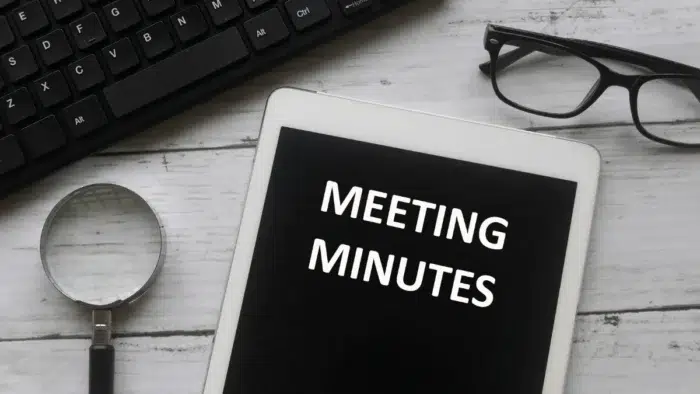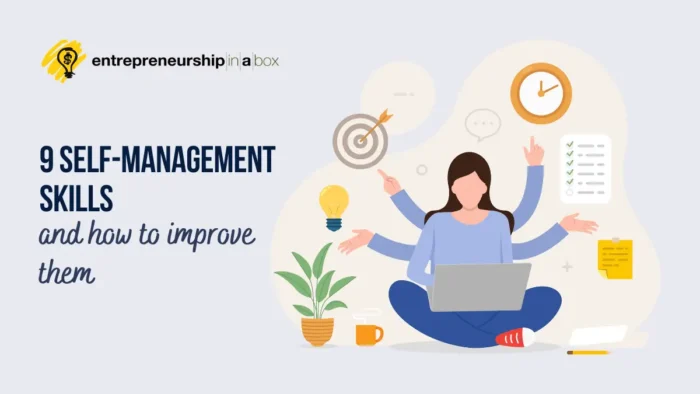Your workplace might have many needs for communication. While you may have been taught how to initially use the tools available as part of an induction, there are some ways that you can make the most of these means. This can help you to work more efficiently during the day, and even take away some of the stresses and anxieties that come with communicating via email or telephone.
Screen Calls
Receiving and making telephone calls can be difficult for some, especially if they lack confidence. When the call turns out to be from a supposed client or company, it can be all too easy to give away information, especially if you are not clued up on scam calls. One of the easiest ways to check if a caller is who they say they are, is to search for their phone number online, such as typing in ‘who called me from 01315614532?’ as this will bring up any history regarding this number. While you may find that it is indeed legitimate, at times you may also discover reports from other people who have encountered the caller, and worked out it is a scam. To try and circumvent this, make sure that you store client and colleague numbers within your contacts list, so you can see who is calling.
Build Up Rapport
Another way of increasing your confidence with communications, and even helping to keep clients coming back to your business, is to work on rapport. Rather than treating each client as simply a necessity to your work, a lot can be said for treating them as individuals. Something as simple as asking a client about an event they mentioned in a previous call can show that you care. For this reason, it can be useful to make little notes regarding call content, as long as they are kept securely. Information could also potentially be sourced from recorded conversations, although you will need to make it thoroughly clear to callers that they are being recorded. Following any calls, make sure that you follow up on any promises you made to the client. Even if you cannot meet with success, updating them on your attempts will show that you have listened and engaged with them.
Seek Training
While you may have regular training sessions regarding other processes at work, you may also want to consider those that build on your communication skills. This can be especially prudent when a large quantity of your day involves liaising with others. Building up effective communication skills can help with team building, as well as the ways in which you relate to those you speak to. This can help you to have more empathy for business and client needs, as well as help you to feel that much more comfortable when talking on the phone.
Communication can be a particularly important part of the working day, which is why you may want to do all you can to increase your skills, and decrease any wasted time. By considering smarter working habits, you may be able to make your time that bit more efficient.





